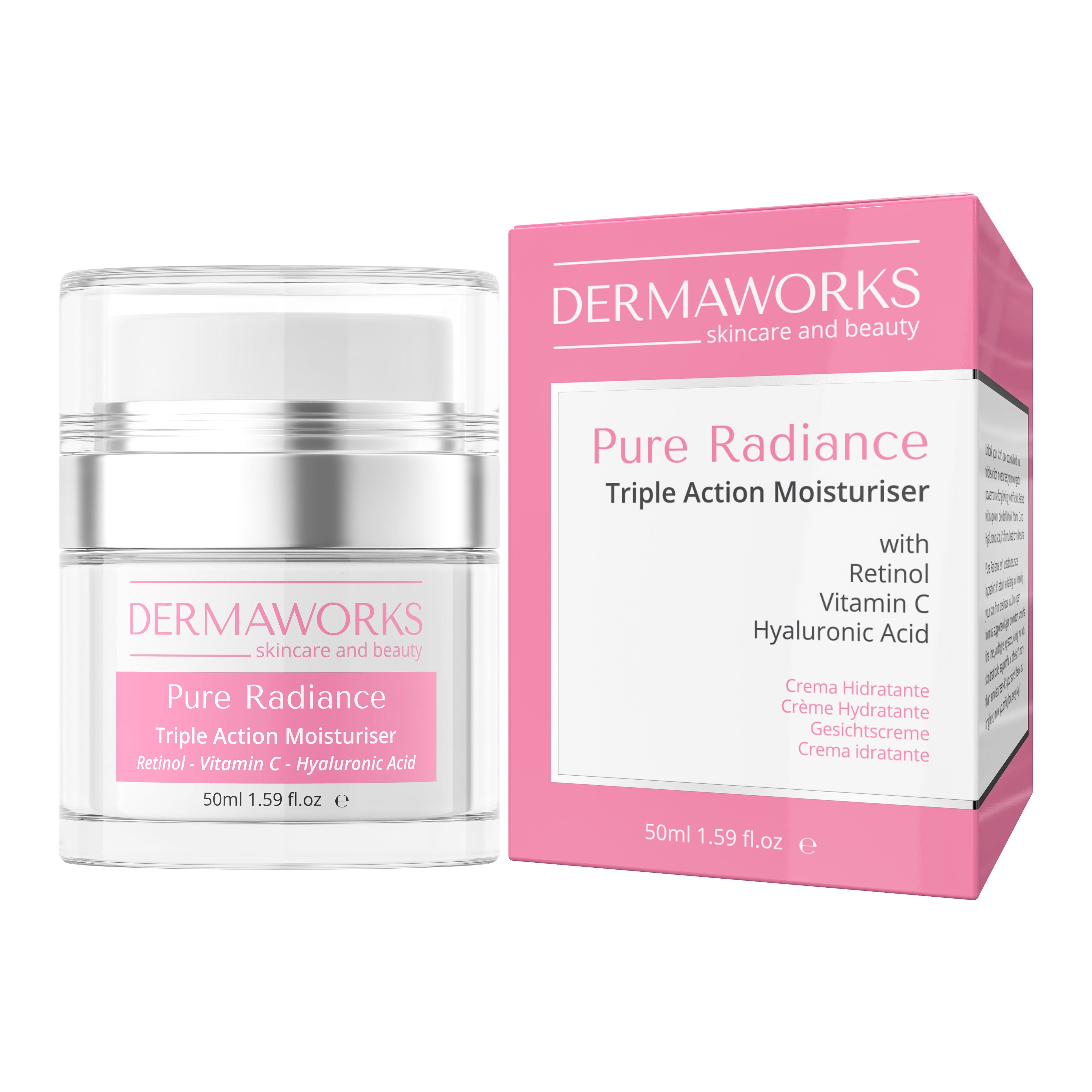Finding the right moisturiser can feel like searching for the perfect pair of jeans — there are countless options, and what works for one person may not suit another. But when you find the one that truly fits your skin, the difference is undeniable: smoother texture, balanced hydration, and a healthy, lasting glow. Here’s how to tell if your moisturiser is doing its job — or if it’s time to switch things up.
1. Your Skin Feels Comfortable — Not Tight or Greasy
After applying your moisturiser, your skin should feel hydrated and balanced, not sticky or oily. If your skin feels tight within minutes, it may mean your moisturiser isn’t providing enough hydration or occlusive protection. Conversely, if you feel shiny or slick all day, your formula may be too heavy for your skin type.
Tip: Lightweight gel-based creams are great for oily or combination skin, while richer, cream-based formulas suit dry or mature skin types.
2. You Don’t Notice Midday Dryness or Excess Oil
A good moisturiser should keep your skin comfortable throughout the day. If your cheeks start to feel flaky or your T-zone turns shiny by midday, your skin’s barrier might not be properly balanced. That’s a sign your moisturiser’s formulation isn’t quite right — you may need more hydration (humectants) or better moisture sealing (emollients).
3. Your Skin Texture Improves Over Time
When your moisturiser suits your skin, you’ll start to notice a softer, smoother texture within days. Your skin barrier feels stronger, makeup applies more evenly, and your overall complexion looks more radiant. If your skin continues to feel rough, dull, or irritated, your product may contain ingredients that don’t agree with your skin type (like alcohols, fragrances, or certain silicones).
4. There’s No Redness, Stinging, or Breakouts
Your moisturiser should never cause discomfort. Tingling, burning, or redness are signs of irritation — especially common if your skin is sensitive or you’re using active ingredients (like retinol or exfoliating acids). Similarly, new breakouts can signal that your formula is too rich or comedogenic (pore-clogging). Always introduce new products gradually and patch-test before full application.
5. Your Skin’s Needs Change — and So Should Your Moisturiser
Your skin isn’t static. Changes in climate, hormones, stress, or skincare routines can alter how much hydration your skin needs. You might love a rich cream in winter but prefer a lighter gel in summer. Listening to your skin and adjusting accordingly ensures you always maintain that healthy, balanced glow.
The Bottom Line
The right moisturiser should support your skin barrier, balance moisture levels, and enhance your natural radiance— without irritation or heaviness.
Because at Dermaworks, healthy skin isn’t just a goal — it’s a science.









